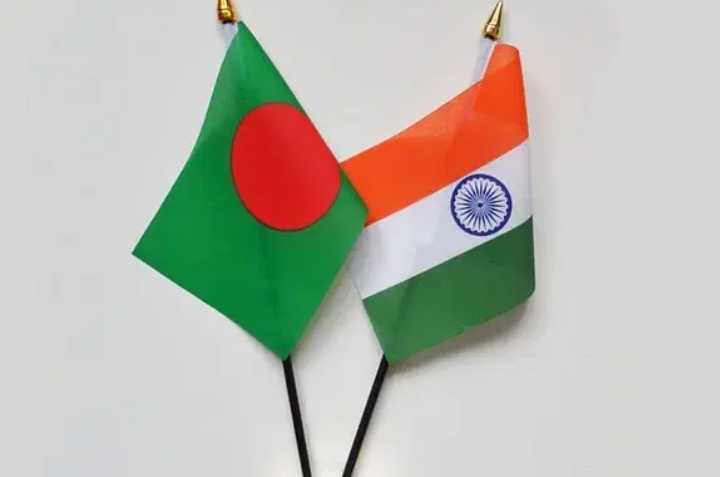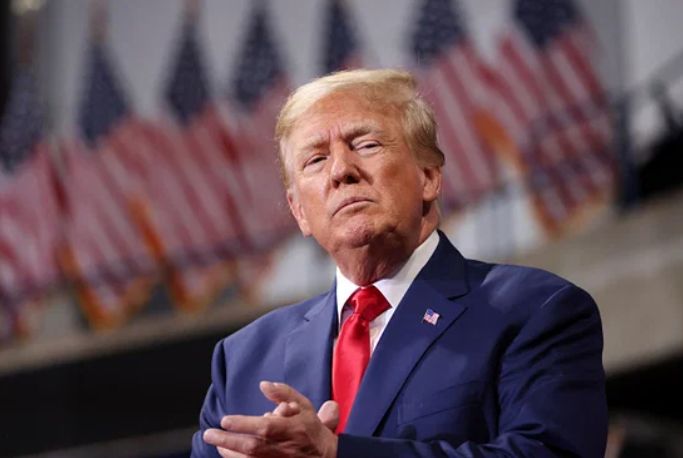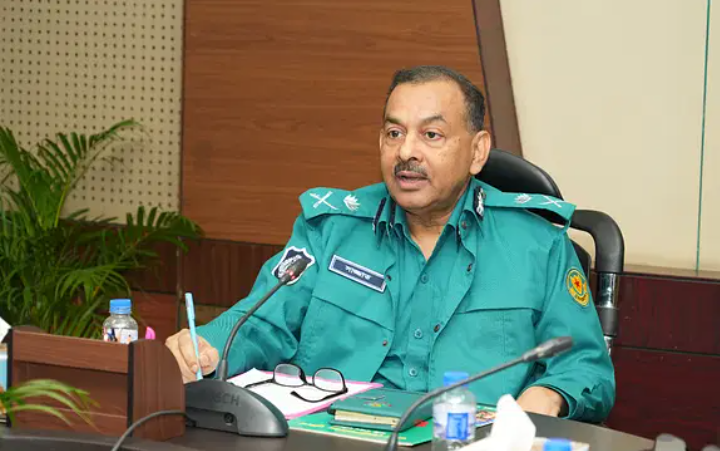Desk report
In the post-August 5 political context, India’s relations with Bangladesh have been strained. In such an environment, Indian Foreign Secretary Vikram Mishri arrived in Dhaka and held an official meeting with Foreign Secretary Md. Jasim Uddin. This visit has been considered the first step to overcome this rare discomfort in the history of relations between the two countries. At a time when relations are evolving positively in light of the changing situation, India has protested the comments of Mahfuz Alam, advisor to the interim government of Bangladesh.
Analysts say that at this stage in the relations between the two neighboring countries, efforts should be made to ensure that comments from either side do not create new opportunities for discomfort.
In the wake of Advisor Mahfuz Alam’s statement, Indian Foreign Ministry spokesperson Randhir Jaiswal said last Friday that India wants to remind everyone that any comments made publicly should be made with due consideration and responsibility.
According to diplomatic sources, the Indian High Commission in Dhaka sent a protest letter to the Ministry of Foreign Affairs on Friday. The protest letter mentioned the recent burning of an effigy of Indian Prime Minister Narendra Modi in Bangladesh and expressed deep concern over the matter. At the same time, it also expressed concern over the Facebook status of Advisor Mahfuz Alam (which was later deleted).
On December 16, on Victory Day, Advisor Mahfuz Alam posted a map from his Facebook account, where the map of Bangladesh was linked to the eastern states of India, including West Bengal and Assam. In a part of the post titled ‘Victory has come, but not total / Liberation is still far away!’, he mentioned, ‘We are trapped in geography and settlement. So we are saying, new geography and settlement will be needed.’
Diplomatic analysts say that for the past four months, there have been various tensions between the two neighboring countries, unprecedented attacks on the Bangladesh mission in Agartala, protests near the missions in Delhi, Kolkata and Mumbai on the issue of minority oppression, and the summoning of the Indian ambassador to Dhaka. In such a situation, the pre-scheduled foreign secretary-level meeting was held in Dhaka. During his visit to Dhaka, Vikram Mishri paid courtesy calls on the interim government’s chief advisor Dr. Muhammad Yunus, foreign affairs advisor Md. Towhid Hossain and army chief General Waqar-uz-Zaman. This means that India is also interested in a positive transition in relations. In such a context, it is necessary to continue the process of dialogue between the two countries. Again, it is important to stop the spread of misinformation and misinformation in the Indian public sphere, making the persecution of minorities in Bangladesh the subject. It is desirable that the relationship be based on equality and dignity, accepting the demands of changing times. At this critical juncture in the relationship, one should also be careful not to create new opportunities for discomfort by making comments from either party.
A Prothom Alo correspondent from New Delhi said that at the briefing of Foreign Ministry Spokesperson Jaiswal on Friday, journalists wanted to know India’s reaction to the (deleted) Facebook post of Advisor Mahfuz Alam.
In response, Jaiswal said, “We have spoken to the Bangladesh government about that comment. We have expressed our protest strongly. I have heard that the related post was later withdrawn. We would like to remind everyone that public comments should be made thoughtfully and responsibly.”
The spokesperson further said in this context, “We have repeatedly said that we should build relations with the people of Bangladesh and the interim government. We have also indicated that. Such comments show that one has to show a sense of responsibility when expressing opinions in public.”
The briefing was asked about the statement of the interim government’s chief advisor Dr. Muhammad Yunus on the parliamentary elections in Bangladesh and the BNP’s disappointment in the matter. In response, Jaiswal said that Foreign Secretary Vikram Mishri had spoken to the government leadership about this during his visit to Bangladesh. He had clearly stated that India wants a democratic, stable, peaceful, progressive Bangladesh, which is inclusive of everyone. The spokesperson said that India has repeatedly told Bangladesh to build a positive and constructive relationship based on mutual trust and respect.
When asked, M. Humayun Kabir, former Bangladesh ambassador to the United States and president of the private research institute Bangladesh Enterprise Institute (BEI), told Prothom Alo that a trend of commitment to take the relationship between the two countries forward has been created through the visit of Indian Foreign Secretary Vikram Mishri to Dhaka. This trend needs to be maintained. He said, “We want to take the relationship with our close neighbor India forward positively. But in the context of the post-August 5 political reality, efforts should be made to ensure that this relationship is based on equality and self-respect.





